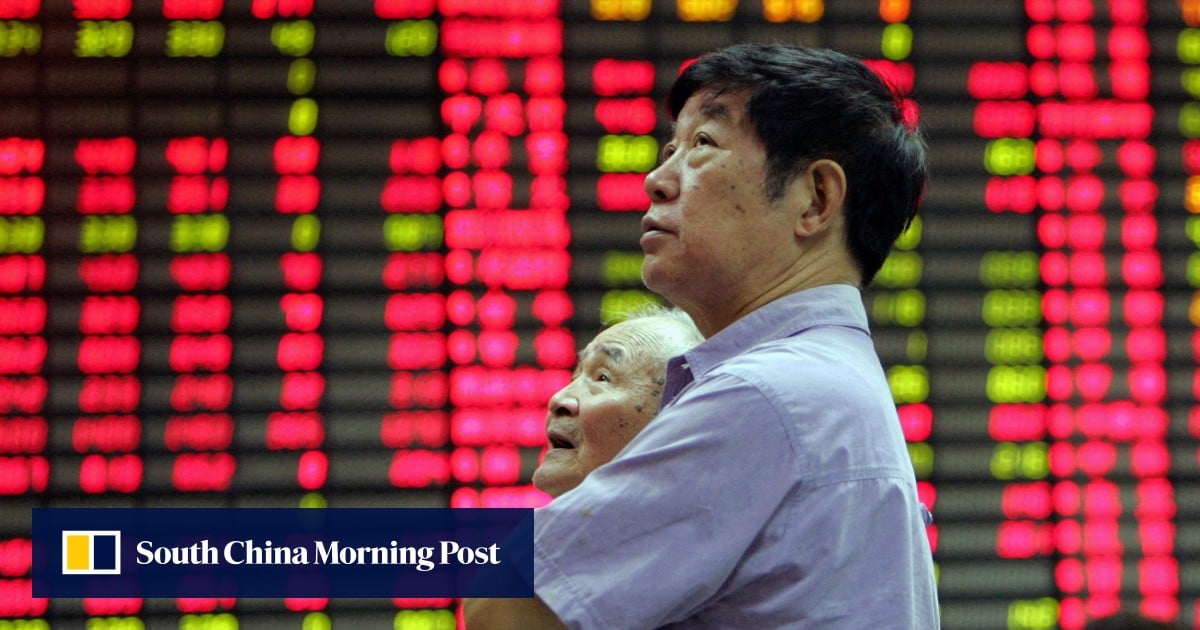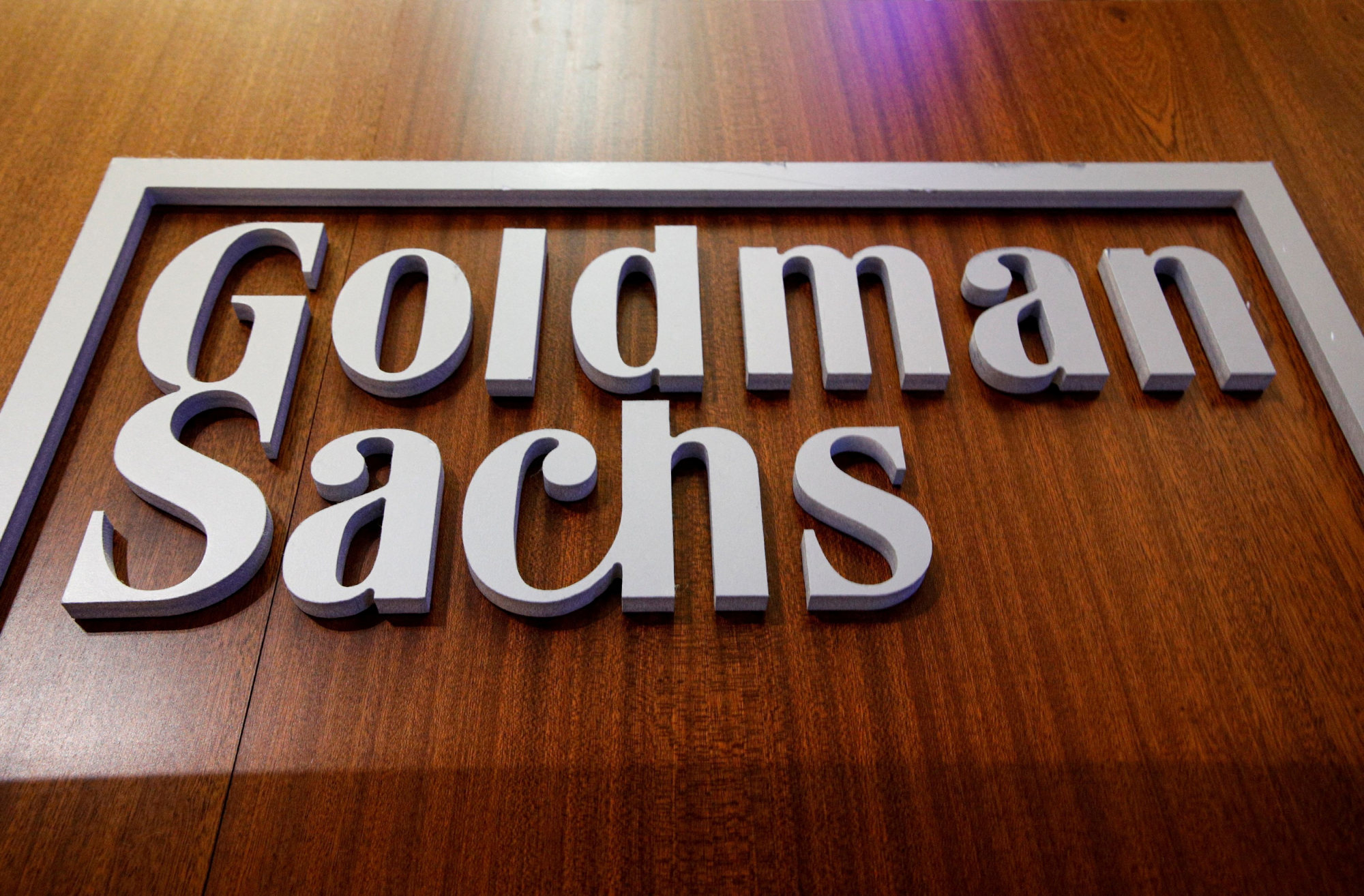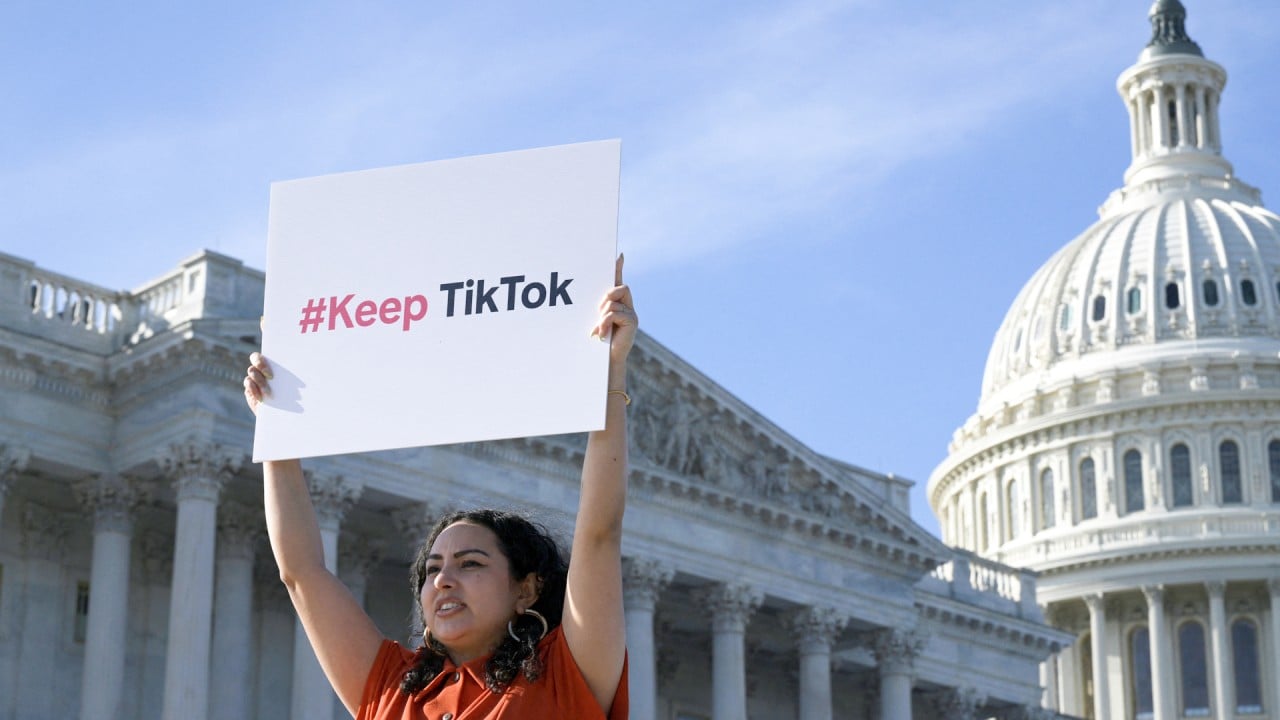
15 Mar Goldman’s tips on navigating China’s turbulent stock markets in a US presidential election year
Chinese domestic consumption stocks are a safer bet than hardware and semiconductor makers should tensions escalate between Beijing and Washington in the run up to the US presidential election, according to Goldman Sachs.
China’s biggest on-demand delivery firm Meituan, China Merchants Bank, hotpot restaurant chain operator Haidilao International Holdings and short-video platform Kuaishou Technology are among the onshore stocks on the MSCI China Index that are inclined to outperform in the event of any geopolitical flare-up, analysts led by Kinger Lau and Timothy Moe said in a report on Thursday.
Other yuan-traded stocks favoured by the US investment bank include liquor distiller Luzhou Laojiao, Yanghe Brewery, Postal Savings Bank of China and Dong E-E-Jiao, which makes traditional Chinese medicines and healthcare products from donkey hide.
However, the likes of Hua Hong Semiconductor, drug maker Wuxi AppTec and electric-vehicle maker Li Auto may underperform when ties between the world’s two largest economies worsen, the report said.

Hua Hong is among the Chinese chip makers that have been targeted by sweeping sanctions by the US, while a bill is in the works to block Chinese biotechnology companies, including Wuxi AppTec, from doing business with the US government because of their alleged complicity with the Chinese military.
“The relative performance between the two portfolios has correlated well, at least directionally, suggesting that they could be regarded as efficient vehicles for investors to express their views on US-China relations in the equity universe,” the report said. That mirrors “a defensive tilt and domestic-demand orientation when external uncertainty rises or investor risk appetite falters”.
Signs of tensions between the two nations have resurfaced after a period of relative calm following a high-stakes meeting between President Xi Jinping and his US counterpart Joe Biden in November.
Goldman’s report said that Chinese small and mid-capitalisation onshore stocks have a high chance of underperforming compared with the overall offshore market that has more foreign exposure, if tensions rise.
The change in the dynamics comes as hardware and software companies are now better represented in the onshore small-caps, and offshore shares trade at a deep discount to yuan shares amid a prolonged derating, the investment bank said.
The Wall Street bank in 2020 launched a proprietary index to gauge how much bilateral conflict is factored into stock prices, based on 15 equity proxies across four areas: trade, technology, capital markets and geopolitics.
Five proxies including Chinese exporters to the US, artificial intelligence and biotechnology have been recently added to the index to better reflect the evolving tensions, according to Goldman.
The index, measured on a 0-100 scale, is currently at 53, suggesting that the market-implied concerns about US-China relations are at the higher end of the historical range, the report said.

